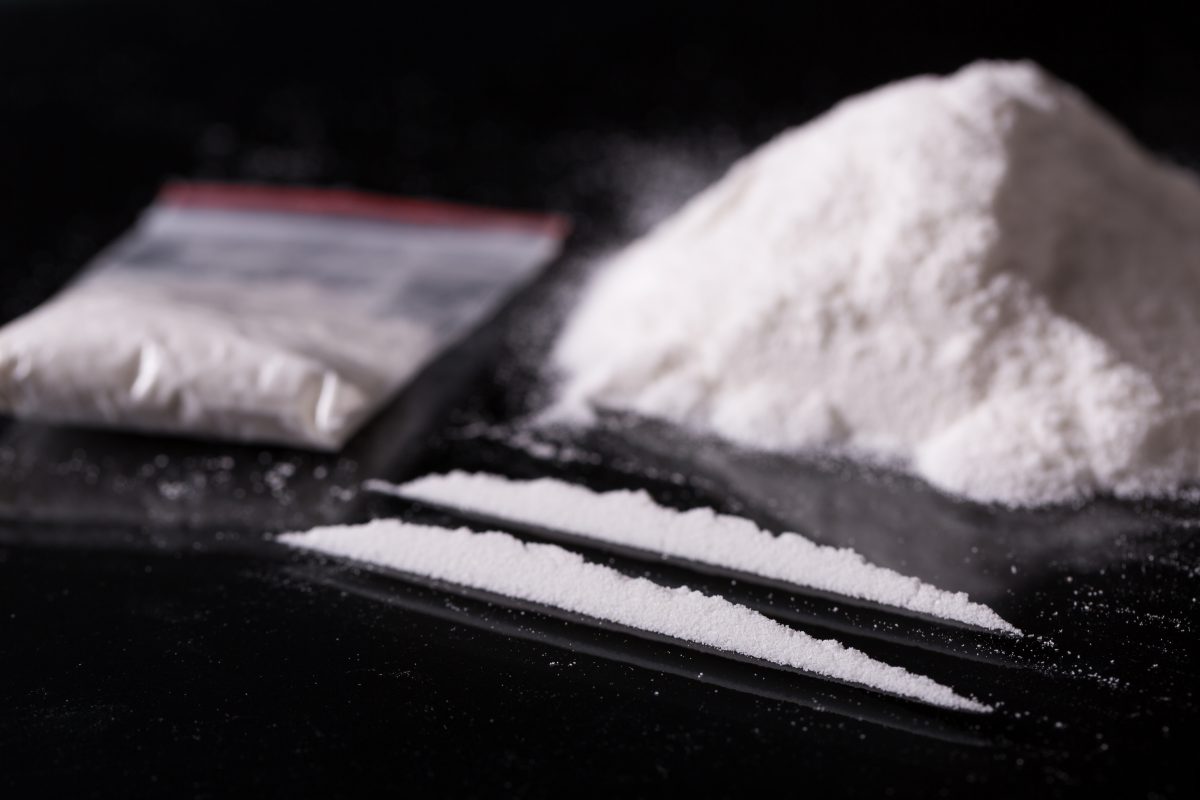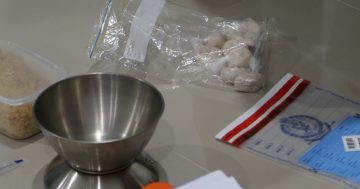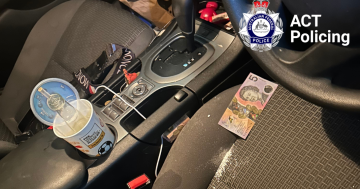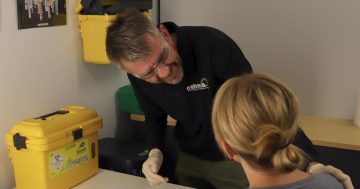
Police now won’t necessarily respond to calls from venue owners about public drug taking. Photo: File.
One of those odd moments happened a week or two ago when the rest of the country caught up with the fact the ACT had significantly changed laws around personal possession of illicit drugs.
The rest of Australia loves nothing better than to paint Canberra as a haven for wild social experiments, so the speculation about Canberra as a destination for drug-fuelled weekend binges and bikie conventions fits into that narrative comfortably, even if it’s not completely accurate.
But while we’re arguing about how to best manage drug users, what about the businesses impacted by these changes? Whose harm is actually being reduced?
The new laws, coming into effect on 28 October, are predicated on harm reduction. From that date, a person in the ACT may be issued a ‘simple drug offence notice’ if they are caught in possession of 1.5 grams of cocaine, amphetamine, ice or ecstasy, five doses of LSD or 1 gram of heroin.
Only drug possession is decriminalised, which means it is still an offence to supply drugs. Under the act, the drugs will be confiscated and the person will be issued a $100 fine or directed to attend an assessment and harm reduction session.
The changes are intended to recognise illicit drug use as a medical and social issue rather than a criminal act.
There are two broad kinds of drug users in the ACT. The first are vulnerable people with complex co-morbidities, including mental and physical health issues, insecure housing and the consequences of trauma. Their drug use is self-medication. Often, their lives are in free fall.
For these users, health diversions are a much better outcome rather than being arrested. Harm reduction policies are more likely to work and stop police wasting their time trying to manage people who need medical care urgently.
The second broad type of drug users are the ones who flee the nightclub toilets in a panic on Saturday nights when the police arrive around 1 am, leaving an ocean of white powder behind them.
They’re recreational users, they’re likely employed and while they may have a problem, they’re also creating a problem for bars, restaurants, clubs and event venues.
Under the new laws, venue owners can certainly evict patrons from the premises for open drug use, but unless there’s dealing involved, police are unlikely to respond to calls about personal drug use. There is no criminal offence taking place and no consequences beyond fines and diversions so police will have other priorities. Venues will have to manage the problem themselves.
Many owners and operators in the ACT are raising the spectre of open illicit drug consumption and its reputational and operational consequences for their businesses.
They must operate under strict controls regarding alcohol provision and consumption, but where are the controls or regulations around managing customers who are shaping up their lines on the bar?
ACT Police believe there will be an increase in drug usage, paralleling the increase in cannabis consumption that followed decriminalisation several years ago. They’re concerned that young users, in particular, won’t grasp the difference between decriminalisation and legalisation and that the minimum quantities of drugs are too high.
Police training, communication and messaging of the changes and a review of administration arrangements were set in place for the first 12 months of operations, followed by a further review after two years.
That training, support and communication must extend to support for entertainment venues, owners and operators – the people who will now have to manage the consequences of this significant change.





















